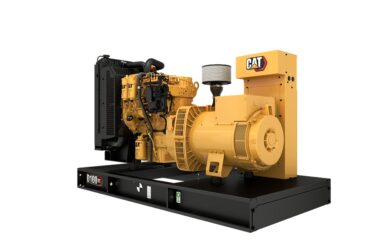Entering into the construction process of a building involves certain risks that are worth undertaking. In other words, whether it is a small scale renovation or a complete new construction, every project requires proper planning, management, and control. Every aspect, starting with choosing materials and ending with contractors’ cooperation, is essential in this process.
By applying these tips, you will reduce risks and complete the project within the estimated cost while obtaining the desired outcome.
1. Detailed Planning and Design
This paper will show that, indeed, planning is the cornerstone of any successful construction project. The first step is to determine what kind of project you are going to do, what you want to achieve, and what you need to achieve that.
Hire professional architects and designers who will assist in developing intricate plans and drawings of proposed structures. It is crucial to make sure that structural, aesthetic, and functional aspects are all reviewed.
2. Selecting Sustainable Materials
You can greatly enhance your project’s efficiency and environmental impact by incorporating sustainable practices and materials. Recycling and eco-friendly options should be considered whenever possible.
Sustainable sourcing of materials is made possible by metal recycling. Various structural and decorative elements can be made from recycled metal, which minimizes waste and reduces the need for new raw materials. The benefits of this approach include both environmental conservation and cost-effectiveness.
3. Choosing the Right Contractor
If you want your construction project to succeed, you need to hire a competent and reliable contractor. Consider their experience, credentials, and references when researching and evaluating potential contractors. You should ensure that the contractor you hire has specific experience in residential construction for projects such as a new home build.
Skilled contractors manage projects efficiently, coordinate with subcontractors, and adhere to budgets and timelines. Maintaining effective communication with your contractor will also help you address any issues promptly and keep the project on track.
4. Budget Management
By nature, many construction projects run into budget constraints. Because cost control is a critical aspect of project management, create a detailed budget and estimate all expenses that may be incurred in the course of the project, including materials, labor, permits, and inspections, among others.
To avoid running out of cash at some point in the construction process, it is advised to set up an emergency fund. Document all expenditures and monitor them against the budget, as this helps in the early detection of any discrepancies.
5. Safety and Compliance
Safety measures for workers and adherence to set rules and regulations are very important in any construction activity. Establish and enforce safety measures to ensure no one on the site is left without proper training on how to handle various situations.
Conduct surveys throughout the site to discover possible risks and prevent them from occurring. Make certain that the project adheres to the current building code standards in the region. This entails acquiring relevant permits and inspections at different construction phases as required.







